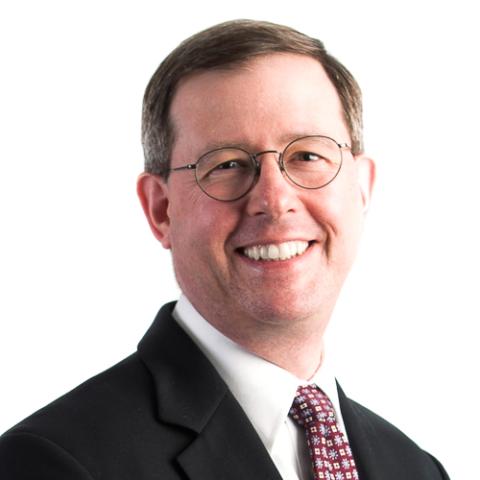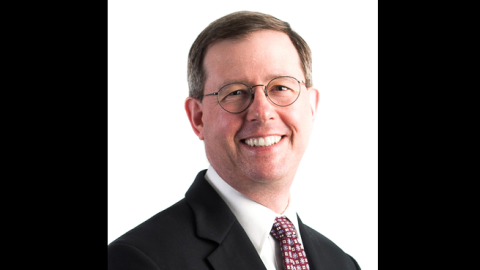For a place that is normally a forum for rancour and division, the House of Commons was all about common ground this week.
In the wake of an armed attack that killed a Canadian soldier and threatened the House and its members, the leaders of the three major parties put on a show of unity.
The horror of those attacks might have been enough to prompt hugs among leaders like Stephen Harper, Tom Mulcair and Justin Trudeau.
But Chris Sands cautions that as the initial shock of the Ottawa attack passes - a more partisan, and more American brand of politics may emerge.
Sands is a Senior Research Professor and Director of the Center for Canadian Studies at Johns Hopkins University, as well as a Senior Fellow at the Hudson Institute. He told The 180's Jim Brown "I know a lot of Canadians will be appreciative of the moment of unity of people coming together, but what comes next is usually, unfortunately, the opportunism."
Sands says that in the aftermath of the 9/11 attacks, Republicans and Democrats seemed to determined to co-operate. But it didn't take long for politicians and lobbyists of all stripes to start taking advantage of the fearful climate.
"I think some politicians and certain businesses will see a tragic moment as an opportunity to sell security equipment or to promote a legislative agenda."



















